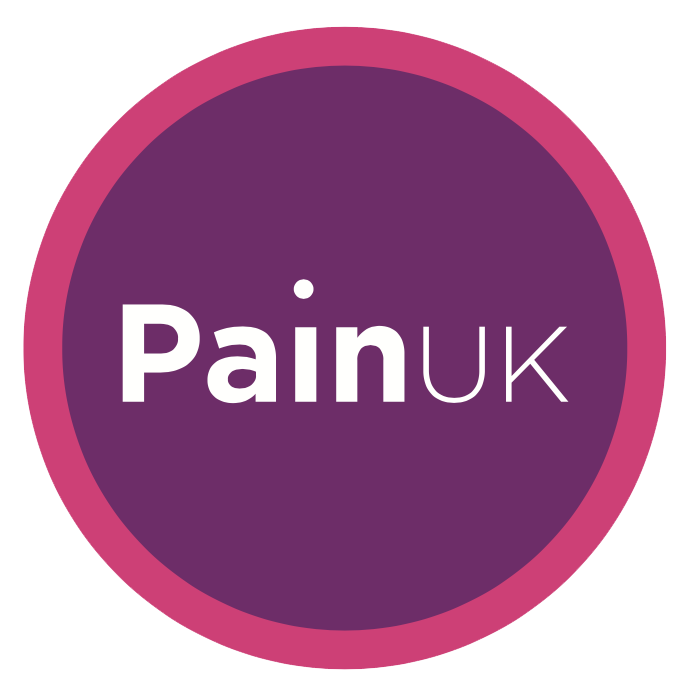
Bladder Health UK
Nobody likes to talk about their bladder, but when things are wrong, talking to someone with knowledge, understanding and caring is exactly what you need. Here at Bladder Health UK, we have been offering sufferers help and advice for the past ten years. Over that time, we have helped thousands of people to find ways to manage their condition.
Whilst many conditions are incurable, we endeavour to help patients reach a point where their condition can be managed successfully so that they can lead a relatively normal life. We have developed a range of resources based on our extensive experience working with patients which can really help patients improve their condition.
As a charity, we rely entirely on donations and a membership scheme. Members pay a small contribution to help fund the confidential advice line, forum and other resources. In return they receive a comprehensive patient pack, 3 dedicated magazines and further on-going support from our caring, knowledgeable staff, who treat every patient with the respect and understanding they deserve.
Interstitial Cystitis (IC) is a chronic inflammation of the bladder wall, which can also be diagnosed as Painful Bladder Syndrome (PBS) or Bladder Pain Syndrome (BPS). The cause of IC/PBS is not yet known, research continues to find the cause, Indications suggest the condition could be due to a defective bladder lining, or an autoimmune disorder. IC/PBS may resemble a bacterial bladder infection, however short term antibiotics are not effective.
There is an estimated 400,000 people in UK with IC/PBS, of whom 90% are females and 10% are males.
Patients may experience some or all of the following symptoms:
- FREQUENCY – Day and/or night frequency of urination.
- URGENCY – The sensation of having to urinate immediately may also be accompanied by pain, pressure or spasms.
- PAIN – Can be in the abdominal, urethral or vaginal area. Pain is also frequently associated with sexual intercourse.
Overactive bladder (OAB) is a common medical condition where the bladder muscle (detrusor) contracts too often or spontaneously and involuntarily. You may feel the need to pass urine more frequently and/or urgently than is necessary and some may also experience incontinence.
Most commonly OAB is found in neurologically normal individuals.
It is not always easy to identify a common feature responsible for bladder over-activity, however the following are possible causes:
- Urinary tract infection – a bacterial infection of the bladder/kidneys.
- Outflow obstruction – men with benign prostatic obstruction may complain of symptoms of overactive bladder.
- Neurogenic – those with conditions such as Parkinsons Disease, Multiple Sclerosis or those who have suffered a stroke may also develop overactive bladder.
- Medicines – some medications may be associated with overactive bladder. These include diuretics, phenothiazides, opioids.
- Alcohol/caffeinated beverages – can increase symptoms of OAB.
You may have some or all of these symptoms:
- Frequency – The need to pass urine more than 8 times during the day.
- Nocturia – The need to get out of bed at night to pass urine more than once.
- Nocturnal Enuresis – Urinating during sleep.
- Urgency – The sudden need to pass urine before reaching a toilet.
- Coital incontinence – Leaking urine during sex.
Overactive bladder can affect women, men and children of any age. Sufferers are predominately adult women with adult men coming a close second. In two large studies it was found that approximately one in six adults reported some symptoms of an overactive bladder. Symptoms vary in their severity. About one in three people with an overactive baldder have episodes of urge incontinence. Incidents of overactive bladder can increase with age. Those with overactive bladders do not always seek medical help or advice due to embarrassment or the belief that there is no help available because it is a natural consequence of aging or for women it is a consequence of childbirth.
All aspects of quality of life may be affected when suffering from an overactive bladder. Travelling may be difficult due to concerns over possible urine leakage or locating the nearest toilet.
If a person suffers from uncontrolled bladder leakage, there may be an increased amount of washing, drying and ironing. Using pads or waterproof items may be beneficial.
An individual with overactive bladder may feel distress, embarrassment, inconvenience, loss of self-esteem and self-control. There will also be an effect on the sufferers’ personal relationships with others.
It can be beneficial to join The COB Foundation and gain further information on treatments and lifestyle tips to help gain control of your symptoms.
Contact Bladder Health UK (Formerly The COB Foundation)
Please feel free to contact us at any time

You must be logged in to post a comment.